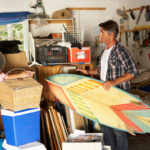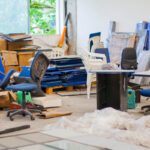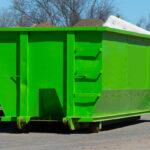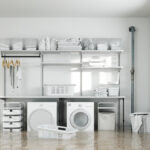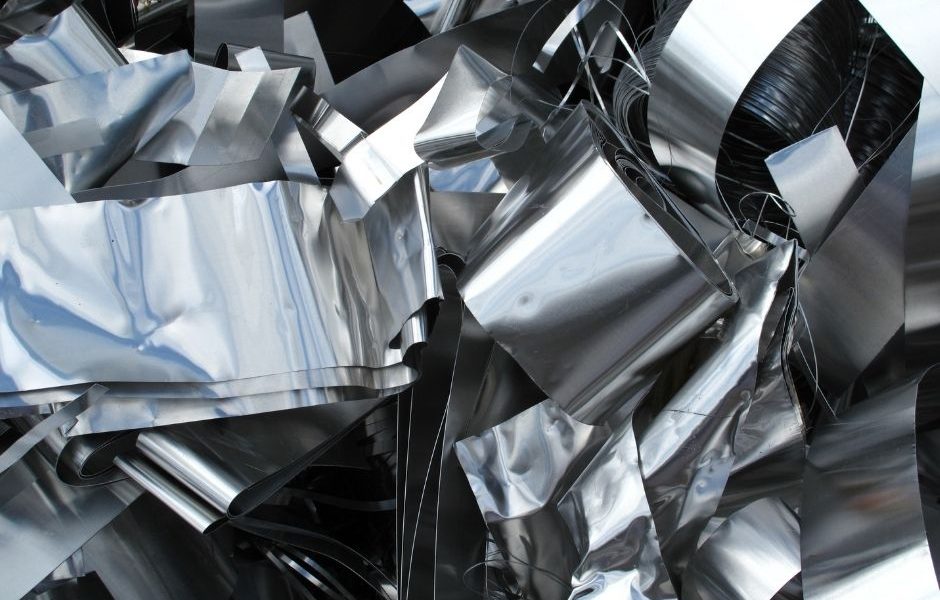
Just Rubbish is proud to do our part in the recycling of scrap metal. Continue reading to learn how scrap metal is recycled to produce brand-new products and how the process can benefit you and the planet.
Metal is a Nonrenewable Resource
If you think there is an endless supply of metal, you may want to think again. Metal is a nonrenewable resource, meaning the Earth does not continuously create new metals to be mined and used. Instead, at the current consumption rate, we will eventually run out of valuable metals like steel, copper, aluminum, and more.
We start our article with this fact because it is important to realize when considering how beneficial the recycling of scrap metal is. Sure, we could continue to extract raw metal from the planet, despite the harmful effects of mining. However, there will come a day when metal found in the Earth will be scarce.
This brings us to the necessity of recycling scrap metal. Giving the material another life by turning the old metal into a new product will be the way of the future. But, to avoid halting the mining industry sooner than we’d like, we must start prioritizing recycling scrap metal today before sources are depleted.
What Are the Benefits of Recycling Metal?
Aside from the fact that raw metal sources are finite, what other benefits does the recycling of scrap metal offer? You may be surprised to discover that recycling has many perks. In fact, it can even directly benefit you and your family.
1 | Conserving Energy and Resources
Recycling of scrap metal takes far less energy and resources than extracting and processing raw materials. Sadly, significantly more metal products are created using freshly mined metals rather than scrap.
This means we use more coal, water, electricity, and other precious resources than we need. There is a cost for this. More greenhouse gasses are released into the atmosphere, and our planet suffers from it.
Recycling metals and other materials is merely the start of recovering our precious planet’s health.
2 | Keeping Hazardous Waste out of Landfills
Did you know metals take hundreds or even thousands of years to break down entirely and return to the Earth? Unfortunately, this means all the scrap metal in our overflowing landfills takes up space for longer than we can keep up with.
Not to mention, as metals corrode, they leak harmful substances into the surrounding water and land. Wildlife habitats, drinking water, and soil are just a few areas susceptible to contamination.
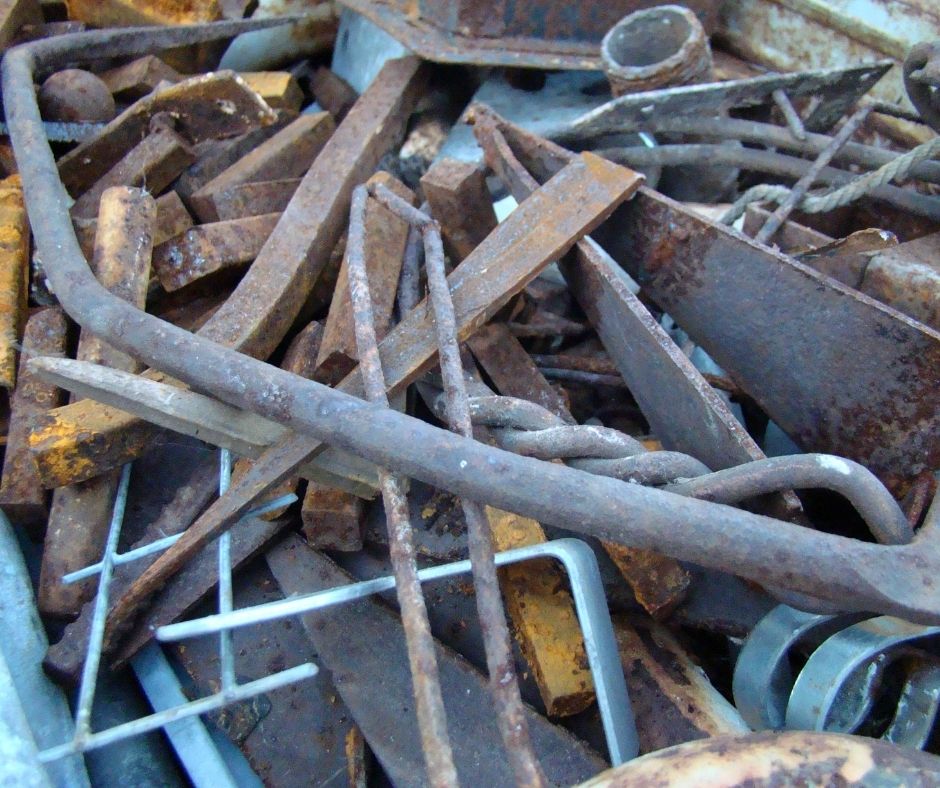
3 | Reducing the Need for Mining
Mining raw metals is an invasive process. Heavy equipment and many large vehicles play a big part in destroying the land. What’s worse is the release of toxic compounds, metallic dust, and harmful minerals throughout the procedure. Mining leads to all kinds of complications, like damage to wildlife and their habitats, loss of biodiversity, sinkhole formations, and groundwater contamination.
Understandably, people need metals, and the process of mining may be necessary to an extent. However, it doesn’t have to happen on such a massive scale, not with alternatives, like the recycling of scrap metal.
4 | Need Some Extra Cash?
So, how can the recycling of scrap metal instantly impact you? You can get money to recycle used metals! You heard that right– recycling plants and scrap yards will pay you for collecting and bringing metals to their facilities. The incentive exists because of the genuine need for recyclable metals. Who couldn’t use a little extra cash in their pocket?
The Recycling of Scrap Metal: How it Works
Do Your Part: Recycling facilities receive much of their scrap metal from businesses and individuals who collect the material. Is your garage full of used car parts, old metal furniture, or leftover construction parts? How about your storage unit?
Gather all the scrap metal taking up valuable space in your home and pack it up to be taken to your local recycling facility. Or, better yet, allow Just Rubbish to do it for you. We are a green junk removal team and would be happy to help you recycle some of the spare metal sitting around.
However, if you decide to take the task on independently, give your local metal recyclers a call. They’ll have the information you need to get the most cash for your pile of metal junk. They often recommend sorting the metals by type and some other quick tasks before dropping them off at the facility.
Sorting, Processing, and Melting: After the facility takes the scrap metal off your hands, they’ll sort through the material to ensure quality. They use magnets, infrared sensors, and x-ray machines to determine what type and how pure or impure the scrap metal is.
Next, they shred the metal using powerful hydraulic machines. Cutting the bulk material into smaller pieces makes melting the product much more manageable. Then, the metal goes into a furnace and is liquified.
Solidifying and Transporting: The facility may complete further steps in purifying the scrap metal and ensuring the properties are as desired. Then, it’s time to solidify the product. On a conveyor belt, the metal is transported into cooling chambers, where it will be formed into sheets or blocks.
Finally, the processed recycled scrap metal is loaded onto trucks and taken to different factories for use.
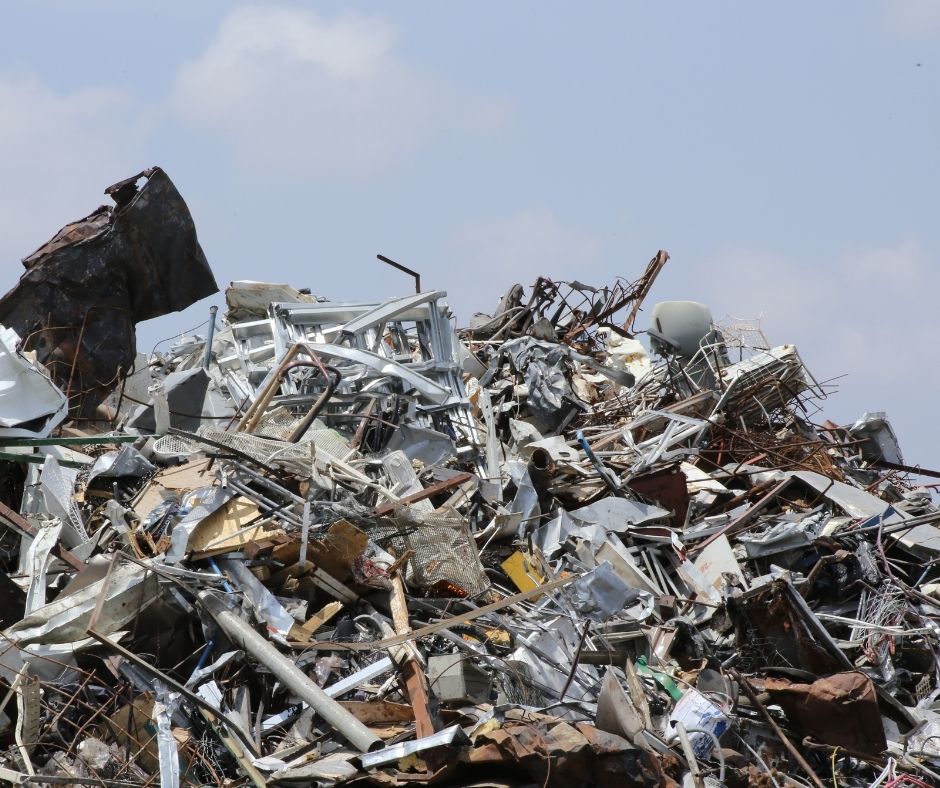
What Junk Can You Recycle as Scrap Metal?
There are many household items with valuable metal components you can recycle. Rather than tossing the following waste objects into the dumpster, start recycling them. The experts at Just Rubbish Removal can help pick up and transport your recyclable junk to the local facility.
Cans and Containers
You might already know that metal cans are recyclable. Many of these products are made of aluminum, which is in high demand at recycling plants. Here are some examples of what cans and containers you should start collecting to for recycling:
- Soda cans
- Vegetable cans
- Soup cans
- Sauce cans
- Aerosol cans
- Canned tuna and chicken
Of course, just be sure the containers are completely empty and cleaned before tossing them in your recycling bin.
And, thanks for taking care of the planet along with Just Rubbish Removal.
